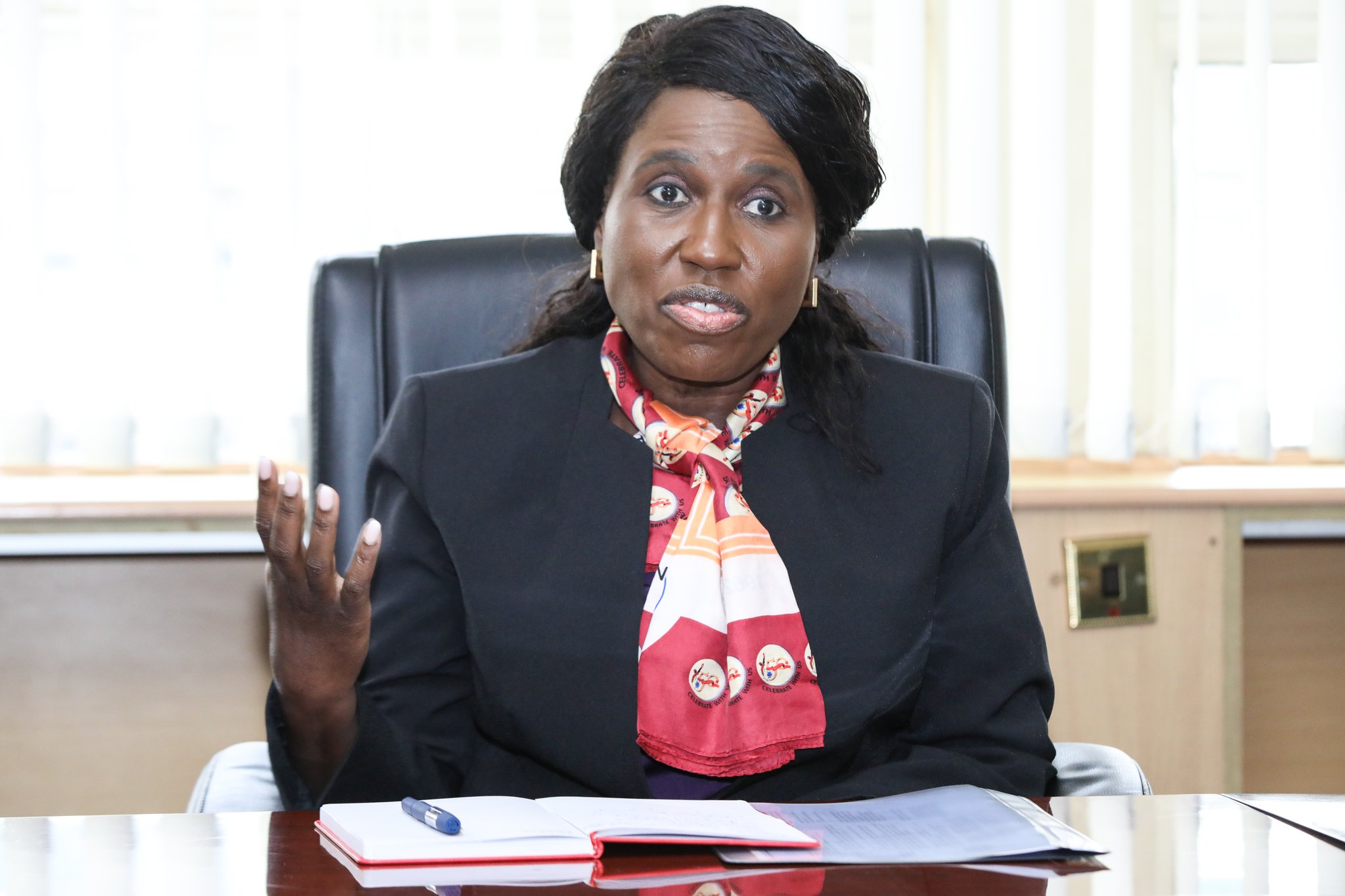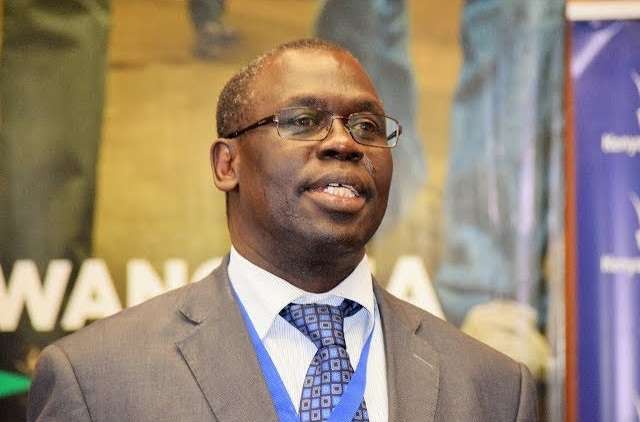Principal Secretary for Higher Education Beatrice Inyangala expressed concern that this funding gap not only threatens equal access to university education but also undermines the financial stability of institutions that depend on these funds to continue operating
More than 843,000 students are at risk of abandoning their university studies due to a severe funding shortfall, amounting to Ksh. 119.8 billion. Documents presented to Members of Parliament on the Education Committee reveal a major funding gap in the sector.
Under the New Funding Model (NFM), also known as student-centred funding, and the Old Funding Model (DUC), which offers grants and scholarships to students in need, the department faces a deficit of Ksh. 37.09 billion. The government has allocated Ksh. 40.49 billion, but the total amount required is Ksh. 77.58 billion.
The required Ksh. 77.58 billion including Ksh. 44.468 billion for scholarships under the University Fund (UF) to support 483,481 students, Ksh. 31.34 billion for continuing students under DUC to support 260,489 students, and Ksh. 1.77 billion for 67,600 students in private universities.
This deficit does not account for the funds needed for student loans through the Higher Education Loans Board (HELB). According to the documents, HELB requires an additional Ksh. 34.4 billion to support nearly 474,814 students, yet it has been allocated only Ksh. 46.9 billion, far short of the required Ksh. 81 billion.
Principal Secretary for Higher Education Beatrice Inyangala expressed concern that this funding gap not only threatens equal access to university education but also undermines the financial stability of institutions that depend on these funds to continue operating.
“For the 2025/2026 financial year, the total requirement for scholarships and grants under both the NFM and DUC is estimated at Ksh. 77.58 billion, yet the allocation is only Ksh. 40.49 billion, leaving a funding gap of Ksh. 37.09 billion,” Inyangala informed MPs. She added, “To sustain accessibility and quality in higher education for thousands of deserving students, an additional Ksh. 37.09 billion is necessary to bridge this funding deficit. Addressing this gap is crucial to ensuring the success of the new funding model and safeguarding the future of higher education in Kenya.”
In her presentation, Inyangala stressed the importance of securing adequate funding to ensure both access and retention in universities. She noted that the total number of students placed in universities has risen from 173,127 in the 2023 cohort (KCSE 2022, now third-year students) to 204,465 in the 2024 cohort (KCSE 2023, now second-year students), with further increases expected to 246,391 in the 2025 cohort (KCSE 2024, first-year students in 2025/2026).
She also highlighted the concerns raised by the Kenya Association of Private Universities (KAPU), which has threatened legal action over outstanding arrears of Ksh. 47.1 billion from the 2016/17 financial year. Inyangala warned that this could further strain the government’s education budget and disrupt funding allocations.
“This upward trend highlights the growing demand for university education in Kenya, reinforcing the need for adequate funding to support student access and retention,” she said. “However, despite the increased placements, the number of students receiving scholarships remains significantly lower than the number placed, causing financial strain on both students and institutions.”
The situation is further complicated by concerns raised by Auditor General Nancy Gathungu regarding the Means Testing Instrument (MTI) used to assess students’ financial capacity. The MTI categorises students into five financial bands to determine eligibility for scholarships, loans, and household contributions. The Auditor General has highlighted issues such as inaccurate data submission, limited public awareness, delays in fund disbursement, and challenges faced by vulnerable groups, including students with disabilities and those from marginalised regions.
Moreover, the High Court has declared the NFM unconstitutional, stating that it is discriminatory and infringes on students’ right to education. The court also clarified that the government is responsible for funding public universities, and shifting this burden onto parents is unconstitutional.
In her report on the State Department for Higher Education and Research for the financial year ending June 2024, Gathungu pointed out several challenges, including high loan repayment rates due to unemployment and underemployment, lack of coordination between government agencies, and the absence of integration with the Kenya Universities and Colleges Central Placement Service (KUCCPS) system to track students from placement to funding.
“In these circumstances, the effectiveness of the New Funding Model in meeting students’ funding needs could not be confirmed,” Gathungu concluded.
The documents presented to MPs further reveal that of the Ksh. 37.09 billion shortfall for grants and scholarships, the UF has been allocated only Ksh. 16.9 billion, covering just 183,977 students, leaving 299,504 students without funding. To support all 483,481 students from the 2022, 2023, and 2024 KCSE cohorts, a total of Ksh. 44.46 billion is required.
“This means that these students risk missing out on higher education due to financial constraints,” Inyangala remarked.
For continuing students under DUC, Ksh. 31.34 billion is required to support 260,489 students, but only Ksh. 23 billion has been allocated, which will cover only 191,184 students, leaving 69,305 students without funding.
Without intervention, these students may be forced to abandon their studies, which could have long-lasting consequences for both students and universities.
The documents also indicate that out of the Ksh. 119.8 billion, Ksh. 45.77 billion is required to settle pending bills for private universities, Ksh. 950 million for the Open University of Kenya, and Ksh. 500 million for implementing Competency-Based Education and Training (CBET) in universities. Additionally, Ksh. 135 million is needed for the National Research Fund to meet its obligations for the Kenyan-German Post-Graduate Training Programme, while Ksh. 100 million is required by Jaramogi Oginga Odinga University of Science and Technology (JOUST) to upgrade its sewer system.





